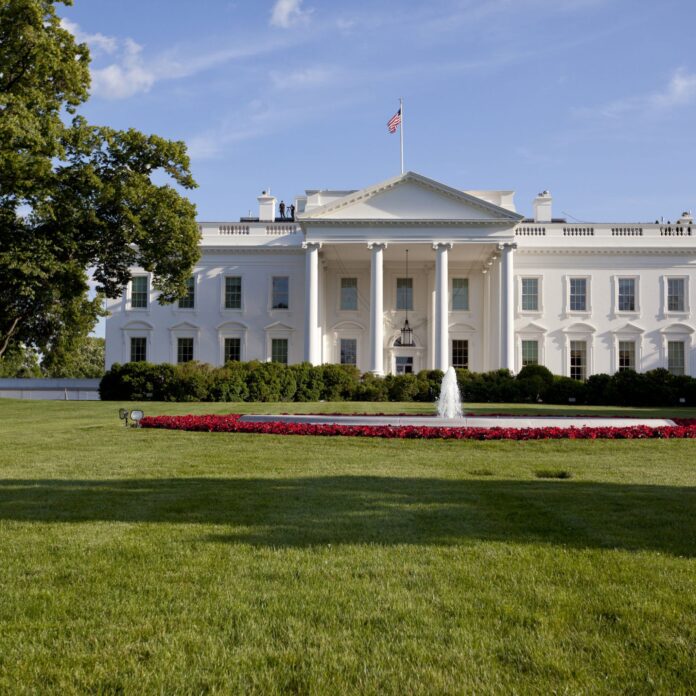Latest 5G financing moves part of larger US/China trade war
The U.S. government is studying alternatives to facilitate financing to European 5G vendors Ericsson a Nokia in a move to put obstacles to the global expansion of Huawei, according to a report by the Financial Times.
Officials in the Trump administration have suggested issuing credit lines to companies such as Nokia and Ericsson to enable them to match the generous financing terms that the Chinese vendor offers to its customers, according to two people with knowledge of the situation.
The report highlighted that Huawei offers longer payment terms to its customers thanks to the multibillion-dollar credit lines from China’s state banks.
The move is part of a wider effort by Washington to fund a rival to the Chinese vendor, which is the largest telecom gear maker in the world and is pointed out by the U.S authorities as a security threat.
“We gave up our superiority in making telecoms equipment decades ago, and now we are realizing that this might not have been the best choice for national security reasons. Almost every department and agency is desperately looking right now for ways to get back into this game,” the report quoted a senior government official as saying. “If we don’t, Huawei could soon be the only option for anyone wanting to roll out 5G networks.”
“This is one of the big concerns of the government right now. Everyone from the defense department, to the commerce department, to the department of homeland security, is looking at this,” said another U.S. government official.
Other officials have asked large American telecoms equipment companies such as Oracle and Cisco whether they would consider entering the radio transmission market to compete with Huawei, according to the report. Both companies have rejected such suggestions, according to two people familiar with the discussions, as these companies believed that a move of that kind would be extremely expensive.
In May, the U.S. Department of Commerce added Huawei to its Entity List over security allegations, a decision that effectively banned the company from buying parts and components from U.S. companies without U.S. government approval. Under the order, Huawei will need a U.S. government license to buy components from U.S. suppliers.
At that time, firms including Google, Intel, Qualcomm and Microm halted shipments due to the restrictions. Huawei relies heavily on computer chips imported from U.S. companies.
In July, President Donald Trump agreed to grant “timely” licensing decisions to U.S. technology firms that want to sell components and services to Huawei.
The U.S. Commerce Department confirmed it had received over 130 applications from U.S. firms for licenses to sell goods to Huawei. However, government officials recently confirmed that all the export licenses requested by U.S. companies are still pending approval.

